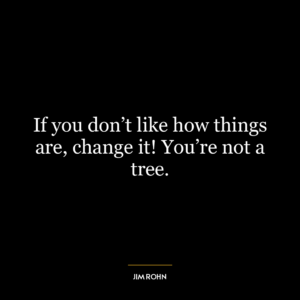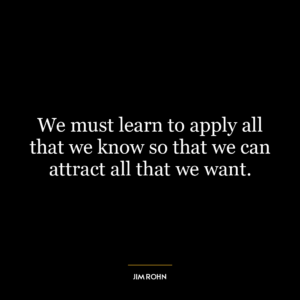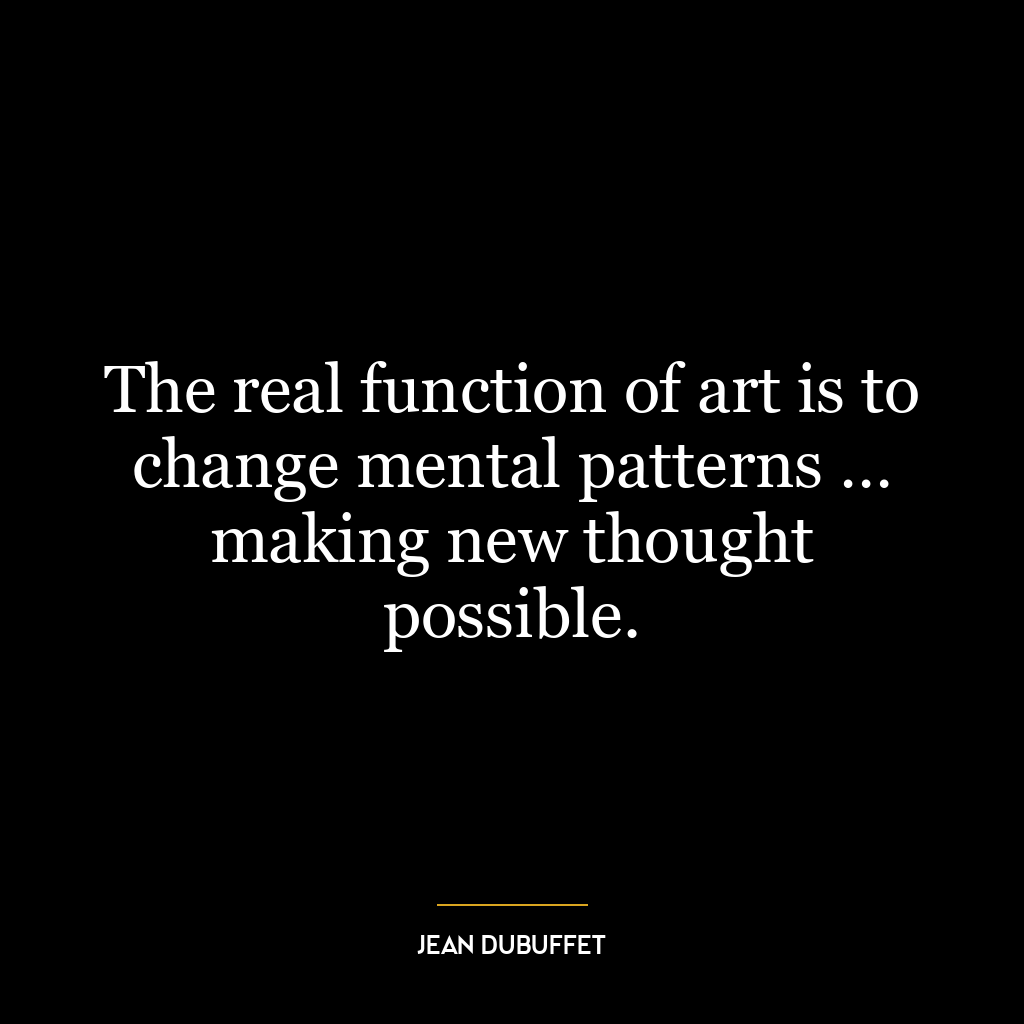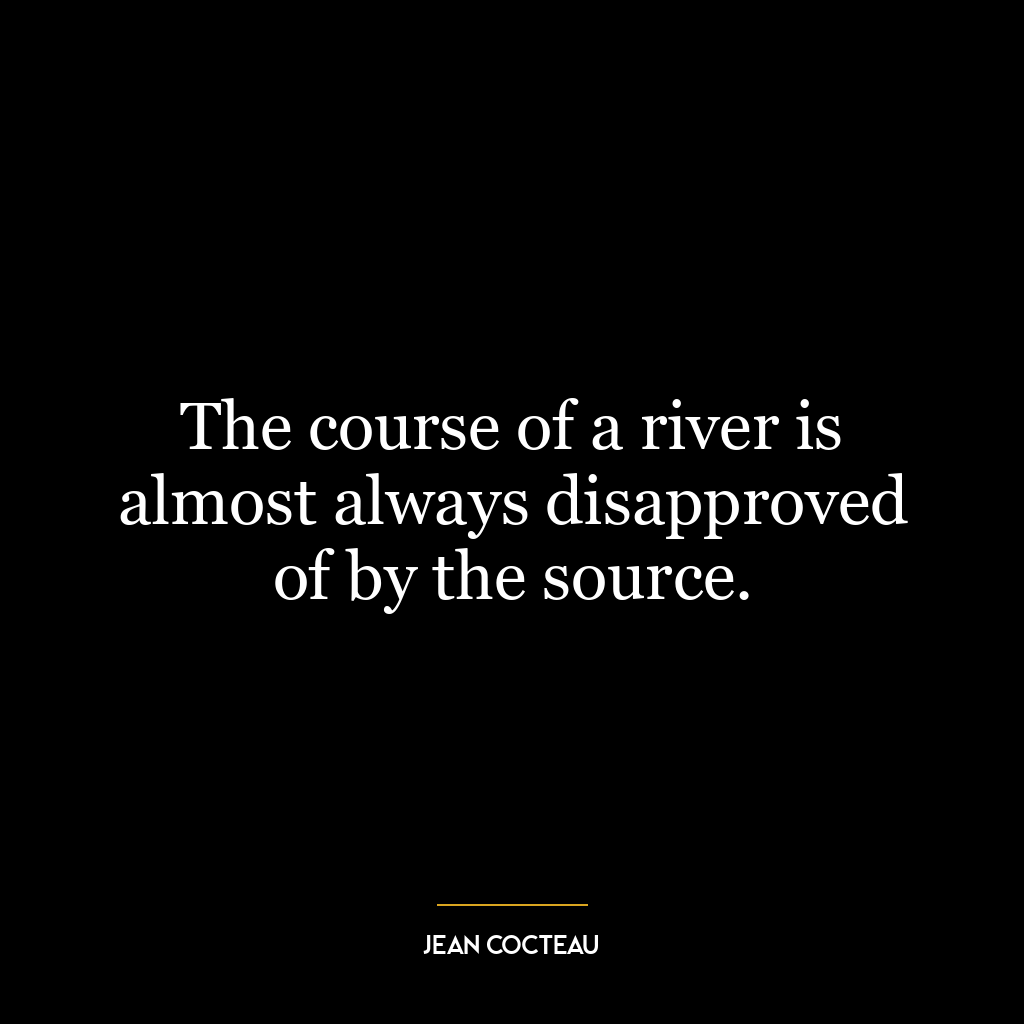Escape is easier than change” is a profound statement that delves into the human tendency to avoid discomfort or challenge. The quote suggests that it is often simpler and less taxing to run away from a problem or a difficult situation (escape) than it is to face it head-on and make the necessary adjustments (change). This is because change often requires a significant amount of effort, introspection, and resilience, while escape is a quick fix that only requires one to remove themselves from the situation.
In the context of personal development, this quote can be interpreted as a call to resist the easy path of escape and instead embrace the harder path of change. This could mean confronting personal flaws, working on improving unhealthy habits, or facing difficult situations instead of avoiding them. By choosing to change, one can grow, learn, and develop in ways that would not be possible if they simply chose to escape.
In today’s world, this quote is particularly relevant in the context of social issues. For instance, it is easier for people to ignore or deny the realities of systemic racism, climate change, or economic inequality than it is to acknowledge these problems and work towards meaningful change. However, as the quote suggests, escape is only a temporary solution that ultimately prevents progress.
In a broader sense, the quote can also be applied to the way we handle personal relationships, career choices, or even our mental health. For example, it can be easier to ignore signs of burnout or stay in an unfulfilling job than to make the necessary changes to improve our situation. This quote serves as a reminder that while escape may be the easier choice, change, despite being challenging, is often the more rewarding and beneficial path in the long run.















